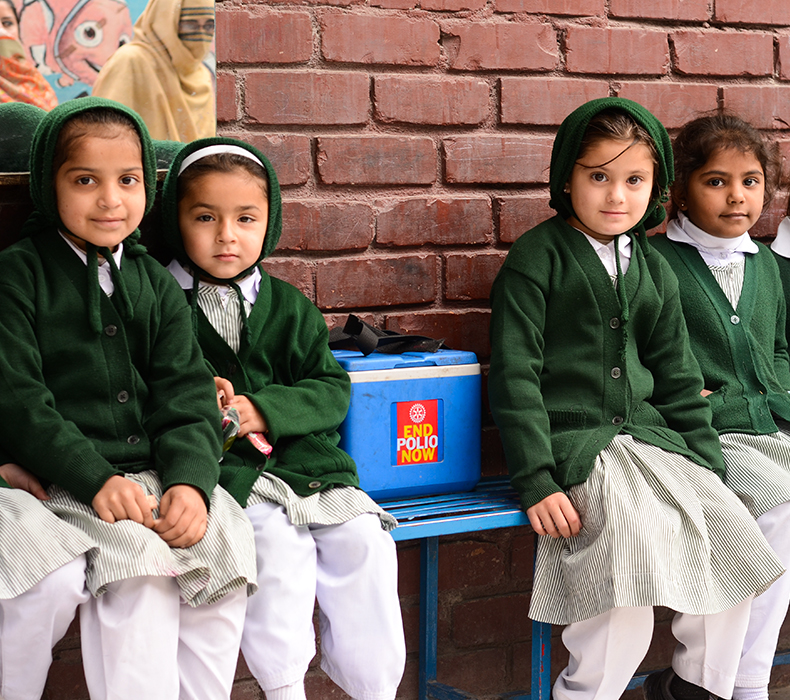IMB Review Report
Sheila Leatherman, CBE, Hon RCP is a Professor of Global Health Policy at the Gillings School of Public Health of the University of North Carolina. Her professional experience stretches across the breadth of health care management, public health and health policy with expertise in quality of care, performance improvement in the health sector, and health systems reforms. She has worked with over 50 countries globally across North America, Europe, Africa, Asia and Latin America. Most of her research and policy analysis has been on developing methods to assess health system performance and advising on how to improve quality of care in countries throughout the world.
She was elected to the U.S. National Academy of Sciences in 2002 as a member of the Institute of Medicine. In 2007 she was awarded the honour of Commander of the British Empire (CBE) by Queen Elizabeth for her work in the National Health Service for over a decade and was appointed an Honorary fellow of the Royal College of Physicians in The UK in 2008. In 2019, she received the Presidential Distinction Award of the International
Society for Quality in recognition of her work in low- and medium-income countries.
Currently, as a Lead advisor to the World Health Organization she develops the academic and technical foundations for WHO support of Member States in the development of national health care quality agendas to improve health care services and outcomes globally. Her current research focuses on improving care in fragile states, humanitarian crises and conflict zones.
She serves on the Board of Advisors for Doctors Without Borders (MSF- USA) and is a Board member and health advisor to Questscope NGO working in Jordan and Syria with refugees and displaced persons.
Lola Dare is a community physician, epidemiologist, global health practitioner, development consultant, social entrepreneur and health advocate of over 30 years. She has championed the application of evidence and data for policy, evaluation and accountability by a broad range of non-state actors including civil society and community-based organisations, private sector and the media. Lola Dare has been in the forefront of advocacy for resilient, accountable rights-based health care services and systems strengthening, and has engaged with high level policy makers, arliamentarians, large donor funded programmes, national governments, intergovernmental organisations and agencies. She is the President of CHESTRAD Global, an African-led social enterprise with offices in Africa, Europe and North America. CHESTRAD Global hosts its programme headquarters in Nigeria. She has served in many roles in governance mechanisms of international agencies including the Institute of Medicine (IOM) of the US National Academies for Sciences, Global Fund for Malaria, Tuberculosis and HIV/AIDS, GAVI, Partnership for Maternal and Child Health (PMNCH), WHO technical teams and agencies of the United Nations, African Union and other African continental organisations.
Senjuti Saha is a Bangladeshi-Canadian microbiologist working at the intersection of Clinical Microbiology and Global Health as a Scientist at the Child Health Research Foundation in Bangladesh. Her work is grounded in advancing the cause of health and research equity, based on her vision that everyone across the world should have equal access to the practice and benefits of science. The focus of her work is on paediatric preventable infectious diseases, with the goals of: (1) using state-of-the-art technology like on-site metagenomics to identify aetiologies that elude standard laboratory testing in lowand middle-income countries and (2) understanding the indirect impacts of interventions like vaccines on the overall health system. She advocates for equal access to scholarly literature and science education. The team’s mission at the Child Health Research Foundation in Bangladesh is to break free of the vicious cycle of limited resources that lead to lack of data required for evidence-based policy decisions. This in turn leads back to limited resources; instead, the commitment is to build virtuous cycles of data-generation, that are sustainable and cost-effective.
